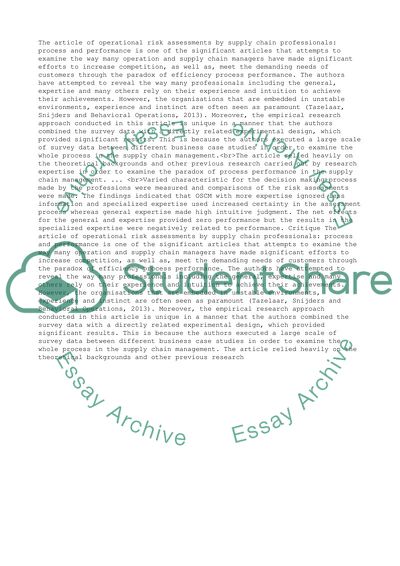Cite this document
(“Operation Management: Literature Review/Critique Essay”, n.d.)
Retrieved de https://studentshare.org/management/1484706-operation-management-literature-review-critique
Retrieved de https://studentshare.org/management/1484706-operation-management-literature-review-critique
(Operation Management: Literature Review/Critique Essay)
https://studentshare.org/management/1484706-operation-management-literature-review-critique.
https://studentshare.org/management/1484706-operation-management-literature-review-critique.
“Operation Management: Literature Review/Critique Essay”, n.d. https://studentshare.org/management/1484706-operation-management-literature-review-critique.


